The Use of Garlic Against Tapeworm in Discus, by Jack Wattley
With the complete help of Terry Fairfield of Rockford, Illinois, garlic oil was obtained in a health food shop. The oil was squeezed from the capsule directly onto the food, ultimately in large quantities, and the discus ate the food – garlic and all. The next step was to obtain discus or scalares that harbored intestinal parasites. Many emaciated cichlids can generally be found at one place or another, and a number of these fish will be found to have intestinal parasites. I guarantee that!. The oil from one capsule was mixed into approximately 5 oz. of food. The fish – both scalares and discus – continued to eat it eagerly. Tests were made each day over a six – week period with a close examination of the fecal matter under a microscope. Capillaria was found at the beginning of the test period, and after six weeks the infected fish still harbored a number, although not as many as when the program began. At the same time we saw a gradual buildup of the garlic oil throughout the control tanks, which in time would certainly have caused a number of problems.
How about fresh garlic squeezed directly onto the frozen food? The tests were started once more. However, we quickly found it was a much more difficult chore to open the garlic cloves and squeeze out the juice (which ended up being more like a puree) than to simply puncture a garlic capsule with a pin and squeeze the oil onto the food. Nevertheless, the extra work brought the results we were looking for. The fresh garlic permeated the internal tissue organs of the fish as we continued to feed the fish daily. What happens to the parasitic nematodes while this daily feeding program is taking place? No, the parasites are not killed on any contact with the garlic. We didn’t know the exact mechanism by which the fresh garlic acts on the parasites, but we did find that the group of necropsied fish became slowly “clean” over a period of approximately five weeks. For the treatment to be effective the garlic must be included in the food each day at each feeding.
The elimination of the nematodes was not only from the intestines, but also from the other internal organs as well. Being a food and not a medication, the successful elimination of the worms causes absolutely no harm to the fish, whereas in treating with a prescribed medication, many times problems do occur that can be harmful to the discus.

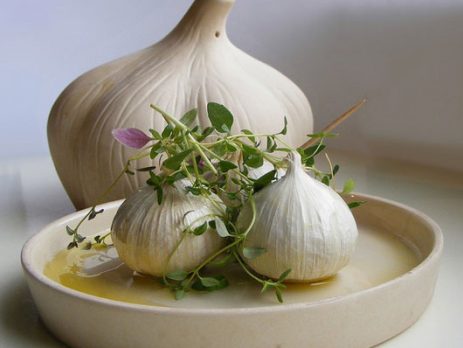
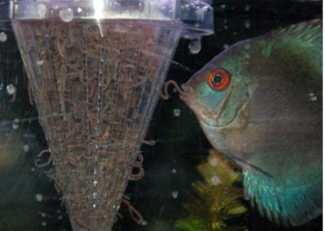
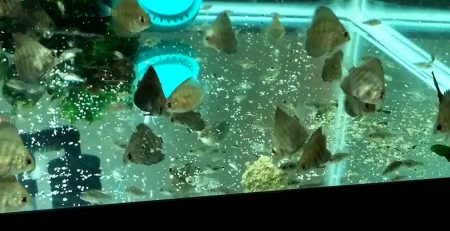
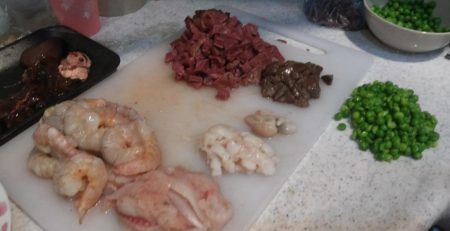
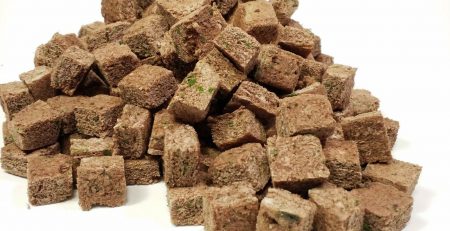
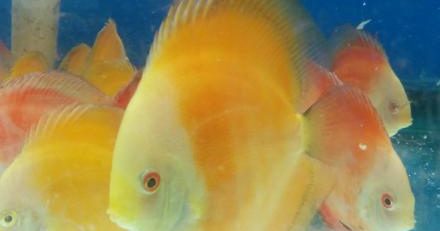
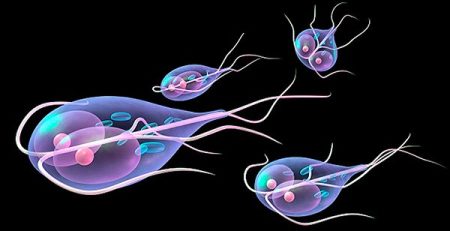
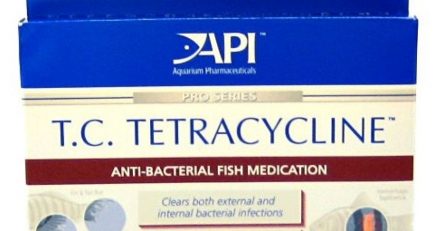
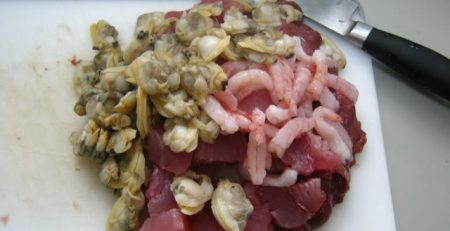
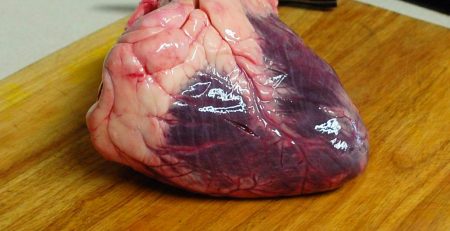
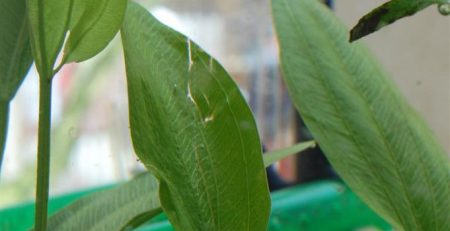
Leave a Reply
You must be logged in to post a comment.